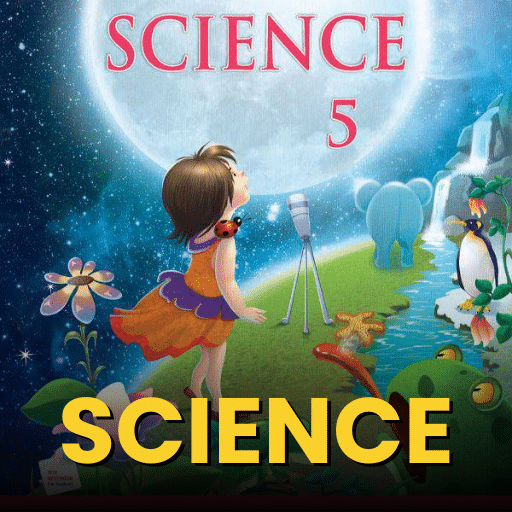Challenge of Modernity | UPSC Mains Essay Preparation PDF Download
Challenge of Modernity
structure
(1) Opening — Changing world
— Fast pace of modernisation
— Values, standards and customs changing
(2) Body — Changes offer a challenge of adjustment
— Changes faster than generation’s life span, so maladjustment
— Conflict in values for the youth
— Generation gap
— Rise of money power, emotions and relations take a backseat
— Care for children, successful marital life, aged’s care and loneliness in the concrete jungles
— Rising crimes, drug abuse, alcohalism etc.
(3) Closing — Positive aspects—break from fetters of tradition and chains of dead and irrational customs
— Negative aspects to be controlled.
Right from the time man came into being, this society has never been static. Change is the most important characteristic of the human civilization. And even by human standard, the changes taking place in the society today have reached to a mind-boggling rate. So much change and development has taken place in the last two centuries that did not take place in the last all centuries put together. And presently, every decade is changing the face of human society so much that if a person who died in ‘50’s and ‘60’s were reborn today, he will find an entirely new place to live in.
As the society changes, so do the values, standards and customs associated with it. The value system and the code of morality and ethics that existed a century or even a few decades ago are no longer valid. While it is true that basic principles of morality and basic human ethics have remained more or less the same, their practical side has undergone a sea change. And today the development is taking place faster than the life time of a generation, this has caused tremendous conflict of values in the minds of the people and also a conflict in the perceptions of the young and the old. This is threatening the very fabric of our social structure and family life putting human relations into a jeopardy. It has come out to be a great challenge to the man thrown by the forces of modernisation.
Modernisation has brought along with it a money culture i.e., commercialisation of everything that is required by man. Getting more wealth and power has become the sole aim of most of the person. So much so that in the blind pursuit of money, they are missing out simple pleasures of life. The human relations are getting fractured. Parents have no time for children, children have no time for their aged parents, wife has no time for husband. Money has become the deciding factor in relations. Emotions have taken a backseat. The old value of love and understanding is being forgotten in the so called “rat race.”
Modernisation has also created a conflict in the perceptions of the aged and the young. The young man of yesterday grew in a different atmosphere and today when he has become old, he wants the youngsters to follow the same life, the same values that he did when he was young. Little does he realise that by trying to do so he is trying to fit a man into a coat and not coat onto a man. So many changes have taken place so fast that the generation of today follows entirely different set of rules from those followed by the generation of yesterday. Today, young men have no time to sit to share small joys and sorrows with others. They are to go to one or may be two jobs in the day. In the evening, they are to go to health club. The night time is party time. In the jet age of today, a man may be taking his breakfast in Delhi and lunch in Cairo and Dinner in New York. When he sits down to rest, he is too tired to know what others are up to. The result is that he is unable to cultivate relationships. He becomes lonely in the vast concrete jungles of the cities. Loneliness and lack of love may drive a man towards drugs and alcohol. In fact, in many western countries like Germany, alcoholism has taken alarming proportions.
The result of such a rapid pace of modernisation is that while old people are finding it difficult to adjust to the changed life style, the young people are unable to accede to the old people’s demand. This has caused a “Generation Gap”. Today, a young man doesn’t go to the old for solving some problem, he has no value for their advice and wisdom. He thinks that money can solve everything. Money has become a deciding factor in his relationships. He thinks that if he has money, he will have all the pleasures. Sadly, he is not always true and when he realises his mistake, it is usually too late.
The children are the worst sufferers of the ills of modernisation. The childhood may be spent in material fulfillment but emotional deprivation. They thus develop a distorted personality as they grow in an emotional vacuum. They learn about the hard facts of life from outside world and do not even realise that there is much beyond the ‘mad race’ in the modern world.
It is not that modernisation has no positive aspects. In fact, the forces of change has broken the fetters of decayed traditions and chains of irrational, cruel and obscurantist customs. Today, a modern young man believes in reason, rationality, justice, fair play and equality. For him, religious fundamentalism, casteism have no value. Talent and merit are the only deciding factor for finding a man’s worth. He refuses to accept anything out of blind faith. In fact, democracy and secularism is being sustained by the forces of modernisation only.
The process of modernisation cannot be stopped or reversed. In fact, any attempt to do so would be suicidal for the human civilization. What is important is that we learn to reduce the negative impacts of modernisation and instead try to reap maximum benefit out of it. Also, it is important that we learn to adjust to the changing realities. It becomes the duty of the young people to try to balance the needs of the time and the demands of the old. Also, it is for the old persons to see that they do not impose their own value system upon the young. Above all our faith in the higher human values and ethics must not weaken.
|
4 videos|161 docs
|
FAQs on Challenge of Modernity - UPSC Mains Essay Preparation
| 1. What is modernity and what are its challenges? |  |
| 2. How does modernity impact society? |  |
| 3. What are some examples of the challenges posed by modernity? |  |
| 4. How does modernity impact individual identity? |  |
| 5. How can society address the challenges of modernity? |  |






























